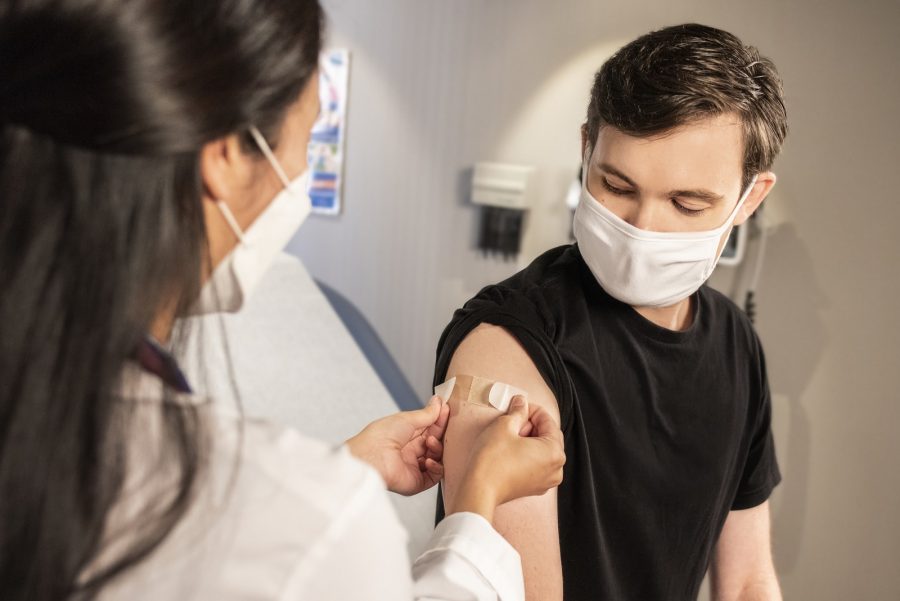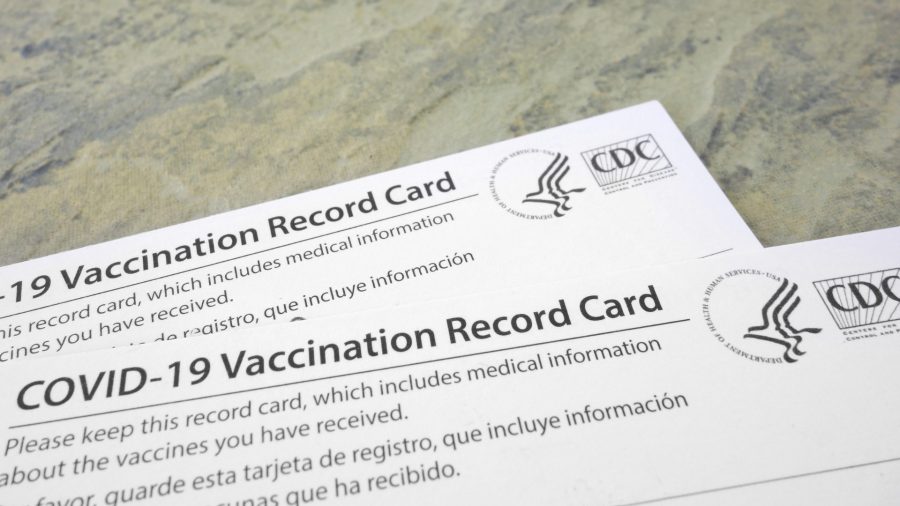Tyson Foods Inc. is replacing its CEO as the pandemic boosted costs and clouded its outlook, reported Bloomberg (Aug. 3).
Dean Banks will succeed Noel White as CEO while maintaining the role of president, effective Oct. 3. White will remain with Tyson in a new role as executive vice chairman of the board of directors.
Banks’ expanded role of CEO is part of the Board’s deliberate, long-term succession planning. Banked joined Tyson in 2017 and was appointed president in 2019. He worked closely with Tyson leadership to develop a greater understanding of the business and strategic vision for future growth.
“It’s clear to the board that Dean’s impressive background in entrepreneurship, technology, and the healthcare industry make him ideally suited to lead Tyson in its efforts to integrate advanced technologies into our operations and further our focus on team member health and safety,” said John Tyson, chairman of the board of Tyson Foods.
As Tyson tried to contain outbreaks of coronavirus that infected thousands of meat plant employees across the U.S., costs soared. The company spent an additional $340 million in the third quarter due to the virus and costs are expected to increase for the remainder of 2020 and into the 2021 fiscal year.
The company recently created a chief medical officer position and will add almost 200 nurses and administrative support personnel to its health team. The additional nurses will conduct onsite testing and help coordinate treatment for team members who contract coronavirus. Tyson also launched a nationwide monitoring strategy that assesses people showing symptoms and those who don’t to provide ongoing screening.
“We have faced and expect to continue to face capacity utilization slowdowns in production facilities from team member absenteeism and choices we make to ensure team member health and safety,” the company said. “The lower levels of productivity and higher costs of production we have experienced will likely continue until COVID-19 is better understood and its impacts diminish.”
Tyson posted third quarter earnings of $1.40 a share, beating the average analyst estimate of 93 cents. However, revenue of $10 billion missed the average forecast of $10.5 billion. The company also said the increase in retail volumes couldn’t compensate for the losses from the foodservice sector.
In particular, the company’s chicken segment was hit hard with sales down due to lower volume and price and Tyson took a $110 million hit from negative market-to-market adjustments in derivatives for animal-feed ingredients corn and soybean meal.
Additionally, the company couldn’t quantify the total impact of the virus on its operations and as a result, didn’t provide guidance for margins in each of its sectors.
Meanwhile, Tyson officially confirmed in a filing that it is under investigation by the Department of Justice’s Antitrust Division, reported MarketWatch (Aug. 3). The company received a notice of the investigation on May 22, which is focused on its beef and cattle packing markets. The company stated it has been cooperating with the investigation.











